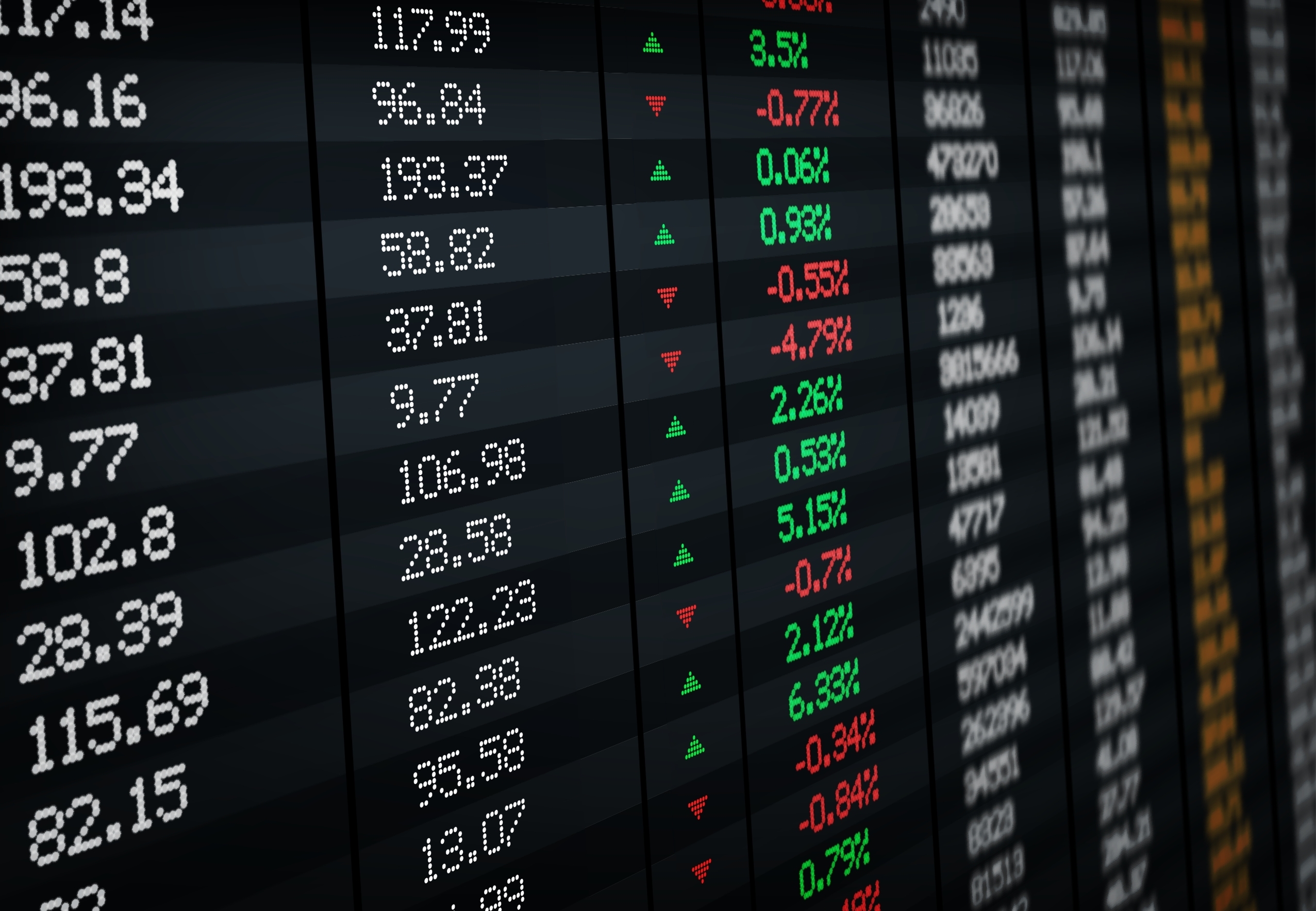
Technology, and AI stocks in particular, are facing short-term volatility for several reasons, which should resolve themselves in the months to come.
First and foremost, the earnings expectations, as reflected in current valuations, have got ahead of themselves. After impressive returns, this earnings season is turning out to be an opportunity for portfolio managers to take profit on companies that don’t dramatically exceed current forecasts. However, our view is that these same managers are likely to come back to the technology leadership names in the months to come, for one reason or another.
This is a normal process of overshooting fair value when portfolio managers find themselves out of balance, currently owning too much technology or previously not enough, when the underlying fundamental are changing so fast. This started in April of 2023, with Nvidia (NVDA) posting a better sales growth rate than any analyst’s expectation at that time. That kicked off a cycle of repricing that has run its natural course and now enters a consolidation phase. How long that pause in buying lasts will depend upon earnings and the potential changes in policy or regulation.
The second excuse for profit taking is the now increasing possibility of a slowing economy. Economic data was expected to decelerate but is now indicating more slowing and fewer jobs that previously assumed. Markets will always be subject to volatility as expectations and actual data come into equilibrium. Selling to adjusting risk lower in portfolios is typically the first response, but more information, and the Federal Reserve’s response to it, will be needed before for a recession becomes the dominant narrative. Even if the Fed is late in reducing rates, and the economy does slow down more than expected, portfolio managers are likely to return to technology as a source of earnings consistency even if we drift into a short and shallow recession. Typically, market participants will rotate away from the cyclical sectors, in favor of the more defensive areas, but technology has been moved from the former to the latter in recent years.
In recent earnings reports, technology companies have failed to show investors that the billions being spent on artificial intelligence initiatives have translated into real sales. Those that believe that AI is more hype than substance have seized upon the moment to fuel the broader concerns of how meaningful AI will really prove to be. Nevertheless, many analysts in the technology sector are defending the spending on infrastructure as the necessary foundation for the stages of implementation that will follow. Veteran analysts like Gene Munster of Deepwater Asset Management remain very positive, recently telling Market Insider that the “technology bull market can continue for another 5 years,” in a July 30th interview because he believes in the long-term prospects of technology and AI stocks relative to their current valuation after any sell-off. Such statements often reflect a belief that the market has overreacted to short-term news or fears, presenting a potentially attractive entry point for investors who believe in the sector’s long-term growth potential.
If in the due course of time, if corporation’s earnings were to come under pressure to the extent that they reduce their spending on technological applications, then the sector becomes more vulnerable to scrutiny with higher than trend-level valuations. However, there is little or no sign of that in the most recent earnings reports. If the past is any guide, then investors are more likely to find earnings in technology companies a source of stability and comfort in the coming months, resulting in renewed buying interest. Whether August ultimately represents an opportunity or not depends on individual risk tolerance and investment horizons.
This material is being provided for informational purposes only. Expressions of opinion are provided as of the date above and subject to change. Any information should not be deemed a recommendation to buy, hold or sell any security. Certain information has been obtained from third-party sources we consider reliable, but we do not guarantee that such information is accurate or complete. This report is not a complete description of the securities, markets, or developments referred to in this material and does not include all available data necessary for making an investment decision. Prior to making an investment decision, please consult with your financial advisor about your individual situation. Investing involves risk and you may incur a profit or loss regardless of strategy selected. There is no guarantee that the statements, opinions, or forecasts provided herein will prove to be correct. Sector investments are companies engaged in business related to a specific sector. They are subject to fierce competition and their products and services may be subject to rapid obsolescence. There are additional risks associated with investing in an individual sector, including limited diversification. Commodities and currencies investing are generally considered speculative because of the significant potential for investment loss. Their markets are likely to be volatile and there may be sharp price fluctuations even during periods when prices overall are rising. Links to third-party websites are being provided for informational purposes only. Custom Index Systems LLC is not affiliated with and does not endorse, authorize, or sponsor any of the listed websites or their respective sponsors. Custom Index Systems LLC is not responsible for the content of any third-party website or the collection or use of information regarding any website’s users and/or members.
